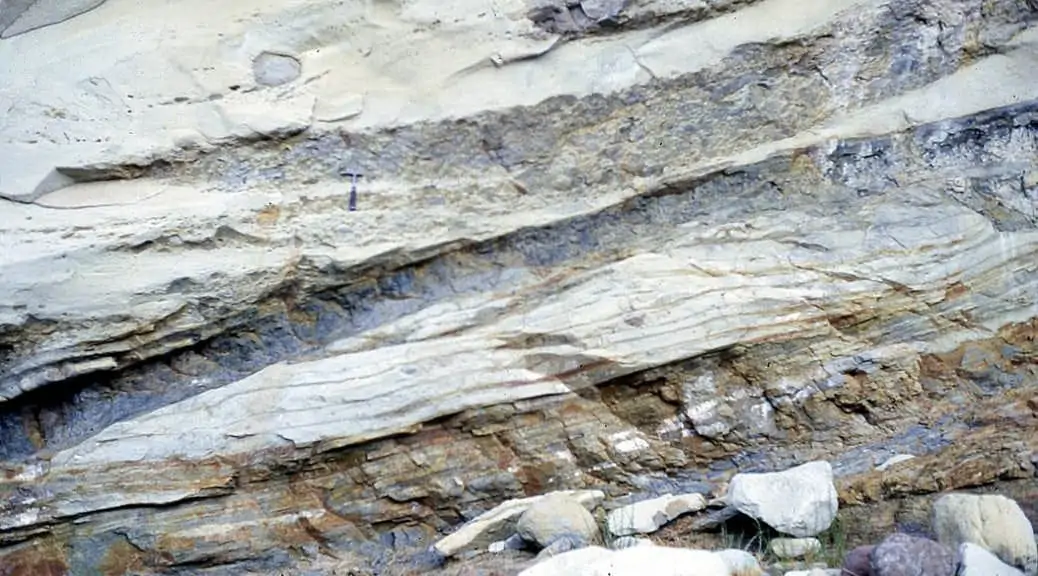Every year, The Economist, in its “The World in…” series, assesses it successes and failures regarding its past yearly forecasts (e.g. for 2012). This is an exemplary behaviour that should be adopted by all practitioners: if we are to deliver good and actionable strategic foresight and warning, and to improve our process, methodology and thus our final products, then we should always evaluate our work. Having now completed our last series of updates on the state of play for the Syrian war, we can now start assessing how our own scenarios and indicators fared so far, if they need to be updated and the potential methodological improvements that we should endeavour. Evaluating the scenarios As the Geneva conference took place (see previous …
Continue reading “Evaluating Scenarios and Indicators for the Syrian War”




